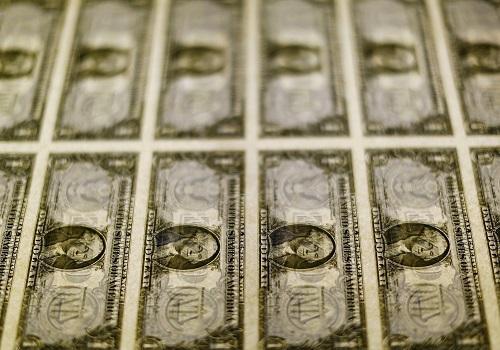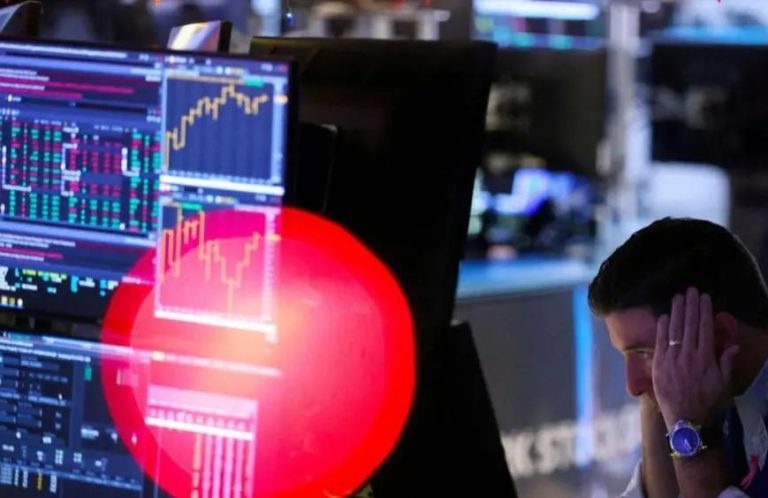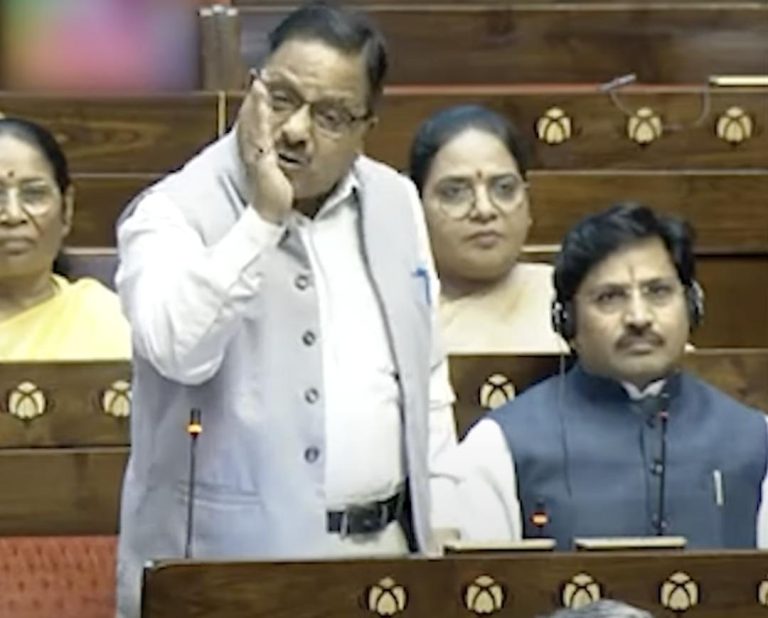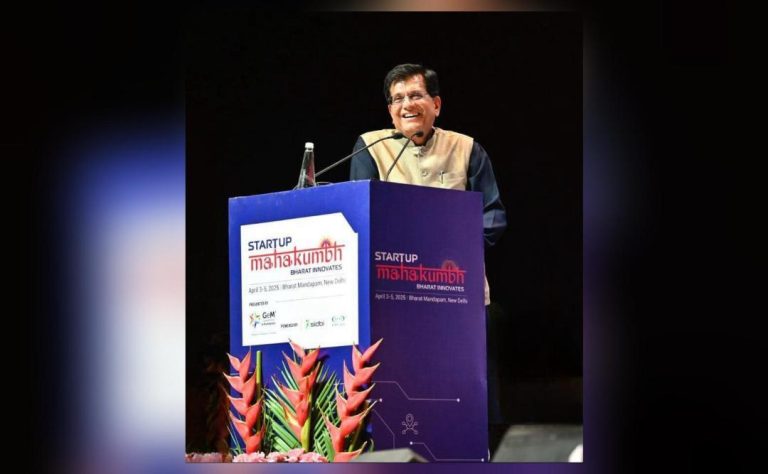
Sensex Tumbles 800 Points Amid Trump’s Tariff Turmoil
The Indian stock market witnessed a sharp decline on Friday, with the Sensex tumbling over 800 points and trading below the 76,000-mark. The Nifty50 index also followed suit, plummeting over 300 points and trading below the 23,000 level. The sudden sell-off was triggered by US President Donald Trump’s reciprocal tariff announcements, which spooked the global stock markets.
The Sensex, which had been on a tear for several weeks, gave up its gains to close at 75,139.41, down 821.55 points or 1.08%. The Nifty50, which had been hovering around the 24,000-mark, crashed to 22,743.25, down 313.95 points or 1.37%. The Nifty Auto, Nifty Metal, and Nifty Pharma indices were the worst hit, crashing over 1% each as investors trimmed their holdings.
The IT sector, which has been a major driver of the market’s growth in recent times, also saw significant selling pressure. The Nifty IT index fell 1.23% to 19,646.35, with stocks like TCS, Infosys, and Wipro losing up to 2% each.
The sell-off in the Indian market was part of a broader global trend, with stock markets in Asia and Europe also falling sharply in response to Trump’s tariff announcements. The US President had earlier in the week threatened to impose tariffs on an additional $300 billion worth of Chinese goods, which sent shockwaves through the global financial markets.
Trump’s tariff announcements have been a major concern for investors in recent times, as they have the potential to disrupt global trade flows and hurt economic growth. The US-China trade war, which has been ongoing for several months, has already had a significant impact on the global economy, with many countries feeling the pinch.
The Indian market, in particular, has been vulnerable to global developments, given its high level of dependence on exports and foreign capital. The rupee has already fallen sharply against the US dollar in recent times, and the country’s current account deficit has been widening due to the trade war.
Despite the sell-off, analysts believe that the Indian market is still well-placed to recover in the long term. The country’s economy is expected to grow at a rapid pace in the coming years, driven by structural reforms and a young, growing population.
“The Indian market is still a good story, despite the short-term volatility,” said Ramesh Sitaraman, a senior analyst at a leading brokerage firm. “The country’s growth story remains intact, and we expect the market to recover once the dust settles.”
Sitaraman also pointed out that the Indian market has a lower correlation with global markets compared to other emerging markets, which makes it less vulnerable to global shocks. “India is a more domestic-focused market, which means it is less exposed to global developments,” he said.
Despite the reassuring words, investors will be keeping a close eye on global developments in the coming days, particularly in the context of the US-China trade war. Any further escalation of the trade war could have significant implications for the Indian market, and investors will be looking for signs of a resolution to the conflict.
In the meantime, the Indian market is likely to remain volatile, with investors trimming their exposure to riskier assets and seeking safer havens. The RBI’s decision to cut interest rates earlier in the week has also helped to stabilize the market, and investors are hoping that the central bank will continue to provide support in the coming weeks.
In conclusion, the Sensex’s tumble of over 800 points amid Trump’s tariff turmoil is a reminder of the risks that investors face in the current market environment. While the Indian market is still well-placed to recover in the long term, investors will need to be cautious in the short term and keep a close eye on global developments.






